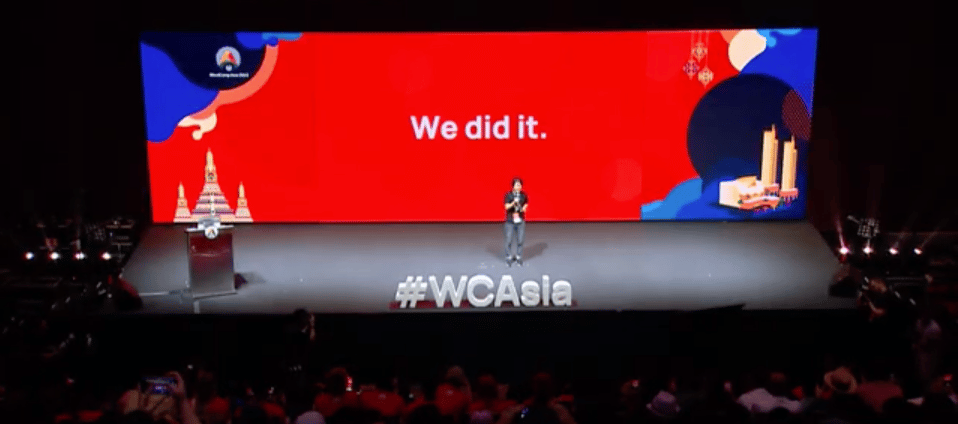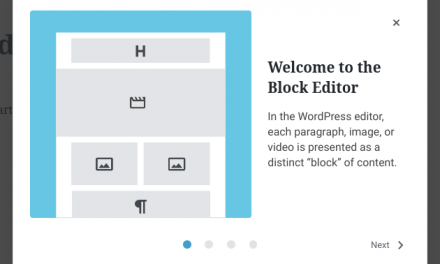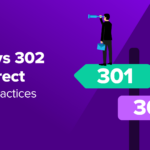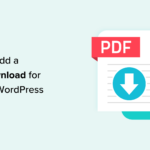After three difficult years of planning and re-planning, the first WordCamp Asia finally happened. WordPressers from all of the world traveled to beautiful Bangkok, Thailand for a weekend of learning and networking.
This flagship conference was originally scheduled to happen in February of 2020 and was the first large-scale WordPress event to get canceled due to the pandemic. It was an ominous marker of things to come and the new world we would all encounter.
Over the last three years, WordCamp organizers all over the world had to pivot, some moving fully online and others canceling altogether. Off the bat, it was important for the WordCamp Asia organizers and volunteers to wait until it was safe enough to come together in person.
Thanks to the persistence of the organizers and volunteers, they were able to do just that.
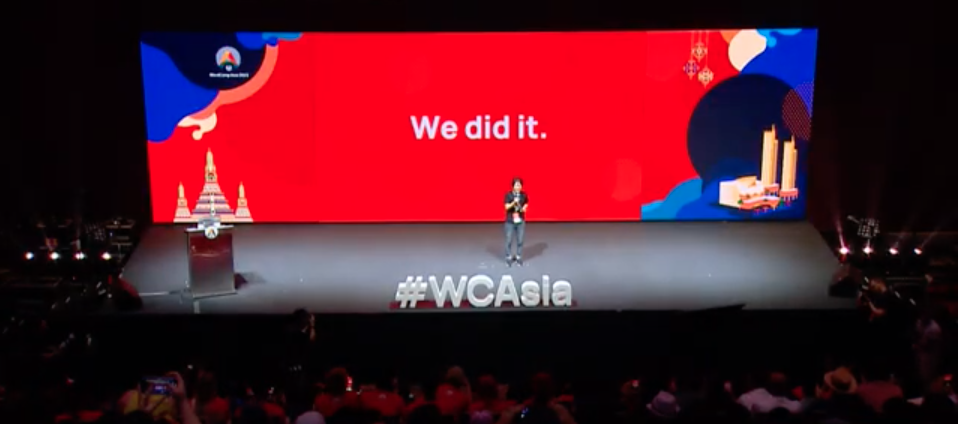
Let’s look at some highlights of this historic conference.
WordCamp Asia Through the Numbers
Tickets for WordCamp Asia sold out within 24 hours. People were excited to help usher in a new continental WordCamp and meet their online friends in person. The turnout was huge.

In 2020 and 2021, we saw a decline in contributions and a big factor in that was less in-person events. To get back on track, WordCamp Asia held a Contributor Day ahead of the event where 653 people were able to attend and contribute.
Of the 1,724 people who registered for the entire conference, 1,299 people attended. That’s an incredibly impressive number. But even more impressive is the 3,185 people that watched the livestream.
As we stated above, none of this could have been possible without the incredible work from the organizers and volunteers.

Because we couldn’t be there in person, we sat down with Nyasha Green, Editorial Director at MasterWP, to talk about her experience as an attendee. Spoiler alert, she loved it! Listen to our conversation here:
Looking to the Future
The event was made up of two jam-packed days of talks including a Q and A session with WordPress co-founder, Matt Mullenweg. Because he couldn’t attend in person, WordPress Executive Director, Josepha Haden Chomphosy and StoreApps founder, Nirav Mehta, moderated questions from the audience.
Let’s get into some of the insights from the talk.

The first person asked about the possibility of financial support for contributors.
Mullenweg expressed that supporting contributors is incredibly important but there have never been and never will be plans to hire people for The Foundation. Contributors can reach out and get support for paid software if there isn’t an open source alternative.
“Part of what we want to do on .org is to use our development efforts to build open source tools for everything you need to create something like WordPress. We don’t mind paying for software if we have to,” Mullenweg said.
He also discussed how paid contributions aren’t necessarily better or worse.
“WordPress has always tried to be a place where people come together regardless of how they get paid,” Mullenweg said. “The work is both free and priceless at the same time.”
The next question was about how to get WordPress education in schools as early as elementary. This is something Chomphosy is very passionate about so she jumped in. In her experience there are two big barriers to having WordPress in schools. One is the fact that WordPress is updated so frequently that it is hard to create a curriculum. The second is that schools, especially public schools, are often nervous about teaching an open source software. But Chomphosy still wants to get kids involved.
“I want WordPress as a software and as a way to collaborate with one another to be in schools. WordPress can teach you have to use all of your 21st century skills well,” she said. “You’re able to work across cultures, you’re able to work across boundaries.”
The third audience member asked how we can support each other as a community during tough economic times.
Mullenweg spoke to the heart of WordPress, which is the freedom that comes with developing for open source.
“One thing I’ve found consistent during economic boon times and recessions is that we try to create more value than we capture,” he said. “We provide one economic agency where people can do things themselves.”
He encouraged people to reach out to local businesses around them and offer web services. COVID taught us more than ever that every business needs a website, and WordPress is an affordable option.
Another huge advantage the WordPress community has is the people.
“In terms of community I think relationships that are formed online and by working together is one of the best ways to be connected to jobs as well,” Mullenweg said.
Chomphosy agreed saying that everyone attending this WordCamp in person or online is already a step ahead because they are excited about learning and growing.
It was such a beautiful sentiment to bring to this flagship event.
2024 and Beyond
At the end of Day 2, the organizers announced next year’s WordCamp Asia will be held in Taipei, Taiwan. 2024 organizers sang the praises of the city’s hot springs and night food markets. Needless to say, we are all looking forward to gathering again in 2024.
WordCamp Asia really showcased the determination of the community. Through all the adversity, the team was able to come together and make an incredible event. I hope this opens the door for even more continental WordCamps and celebrating WordPress around the world.

